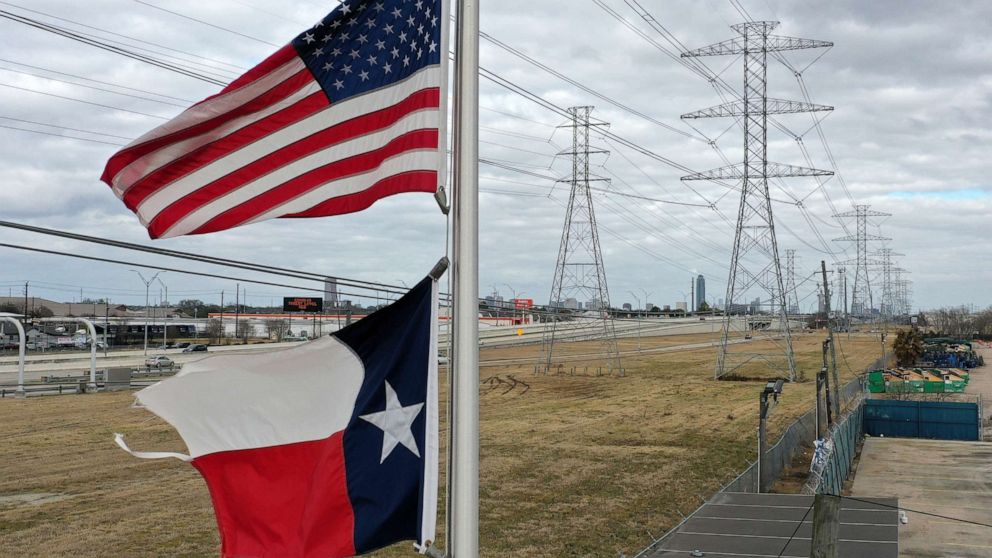As Texas debates power crisis, El Paso credits its few outages to preparedness
One Texas city had a different experience from much of the state last week, with very few power outages during the extreme winter storm.
Officials from El Paso, Texas, said they learned their lesson after a similar storm almost exactly 10 years ago that knocked out power and water in the city. And as President Joe Biden heads to Texas on Friday the state's response to the storm continues to fuel a national debate about if the country is doing enough to protect energy infrastructure.
Jorge Rodriguez, El Paso assistant fire chief and director of emergency management, said the 2011 storm was a local trauma that showed utility companies and residents that they needed to be better prepared.
"2011 was was a significant lesson learned for our community," he told ABC News.
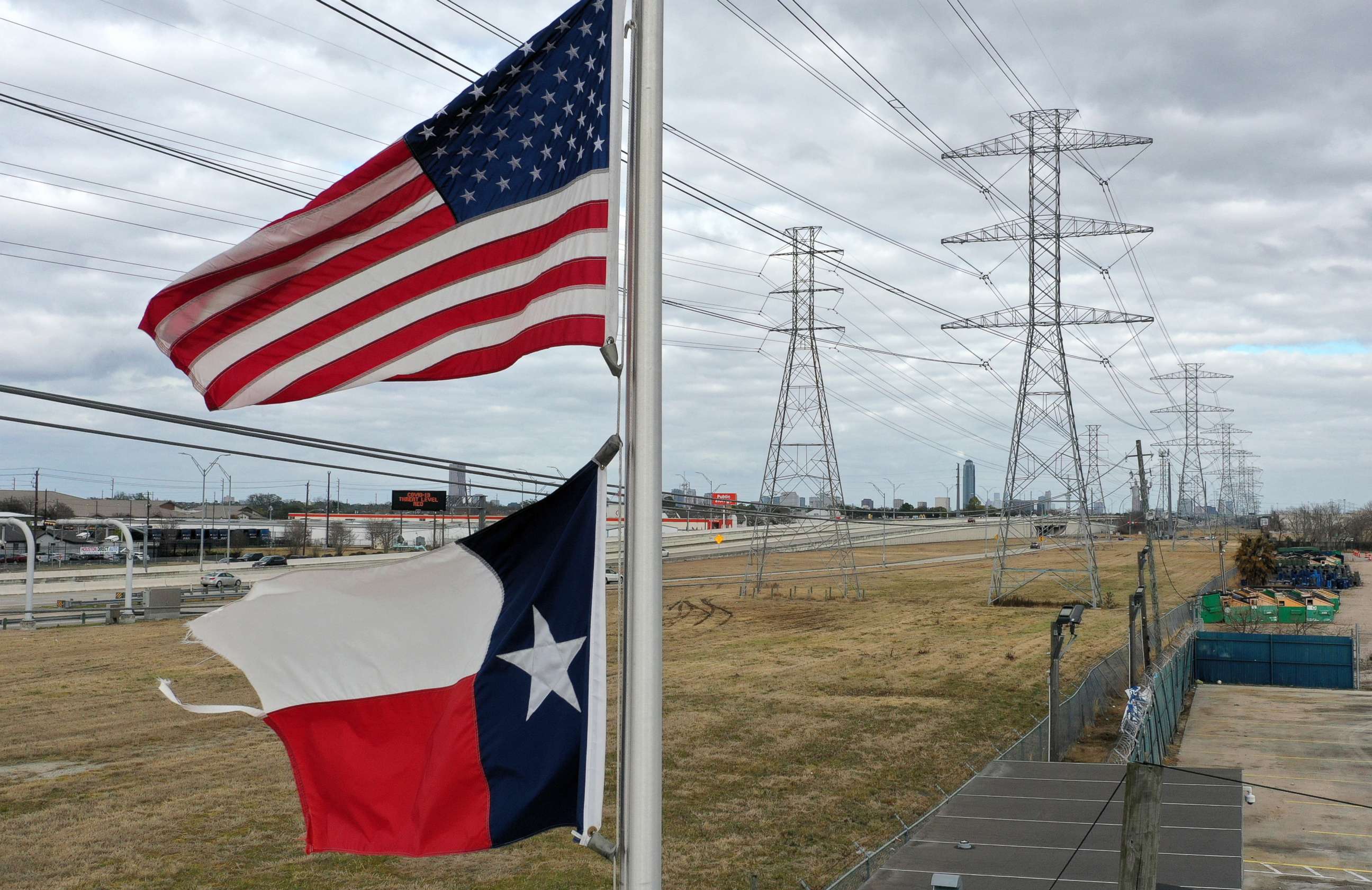
Similar to the winter storm that hit much of the country last week, a storm in 2011 brought heavy snowfall and multiple days of freezing temperatures that froze power capacity and caused burst water pipes, according to ABC El Paso affiliate KVIA.
"Ten years ago we had a variety of things happen to us," El Paso Electric Vice President Eddie Gutierrez told ABC News. "We had system failures on our instruments that began to freeze; piping water into our power facilities also froze. It was a cascading effect that we had to actually initiate our rotating outages 10 years ago."
But last week, less than 3,000 customers out of El Paso's population of 680,000 people lost power for less than 10 minutes last week.
City officials said that after 2011 they invested millions of dollars to prepare their infrastructure for extremely cold conditions even though they're uncommon in that part of the country, something energy experts have criticized the rest of the state for failing to do.
"As a community, we made that determination that those investments were going to pay off, and they proved that they did during this last winter event," Rodriguez said. "If anything, it was a great test for all of the investments that were made to our utilities to prove that they were well worth it."
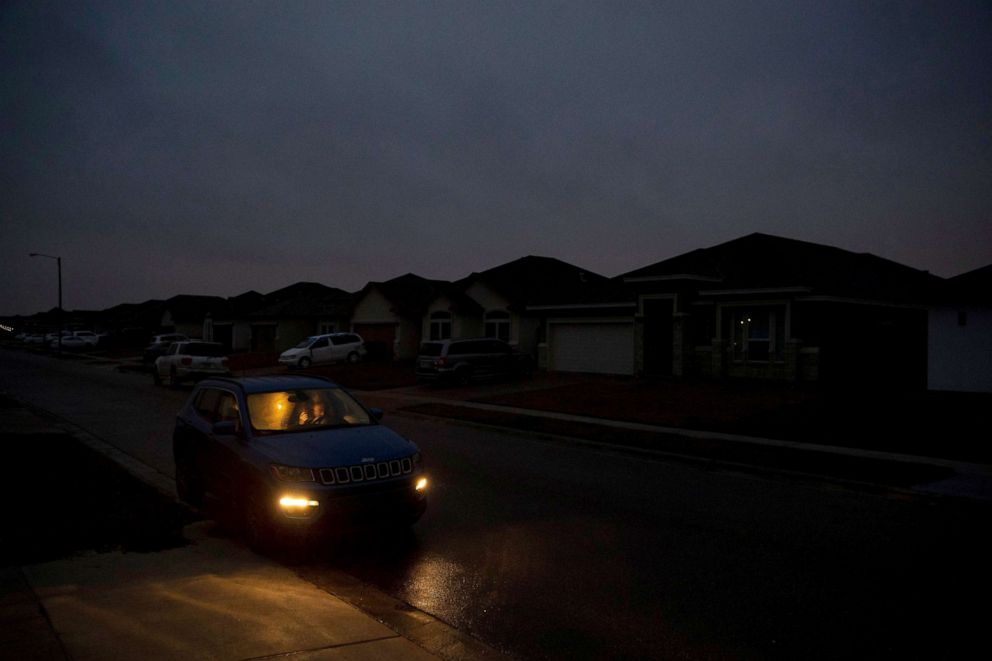
Energy system experts like Jesse Jenkins, an engineering professor at Princeton University, said one reason the problems were so extensive in Texas was that plans for providing energy in cold weather weren't sufficient for that level of cold. He said more cities and states need to plan for even the most unlikely events.
"What ended up happening is it was outside of the kind of even the extreme scenarios for winter, that the grid operators and the power plants and the pipeline owners and everybody else were planning for," he said.
Texas Gov. Greg Abbott said in a statewide address Wednesday night the agency that manages the state's electric grid, the Electric Reliability Council of Texas, needs to be reformed. He said he will make it a legislative priority to set aside money to protect the grid from future weather events.
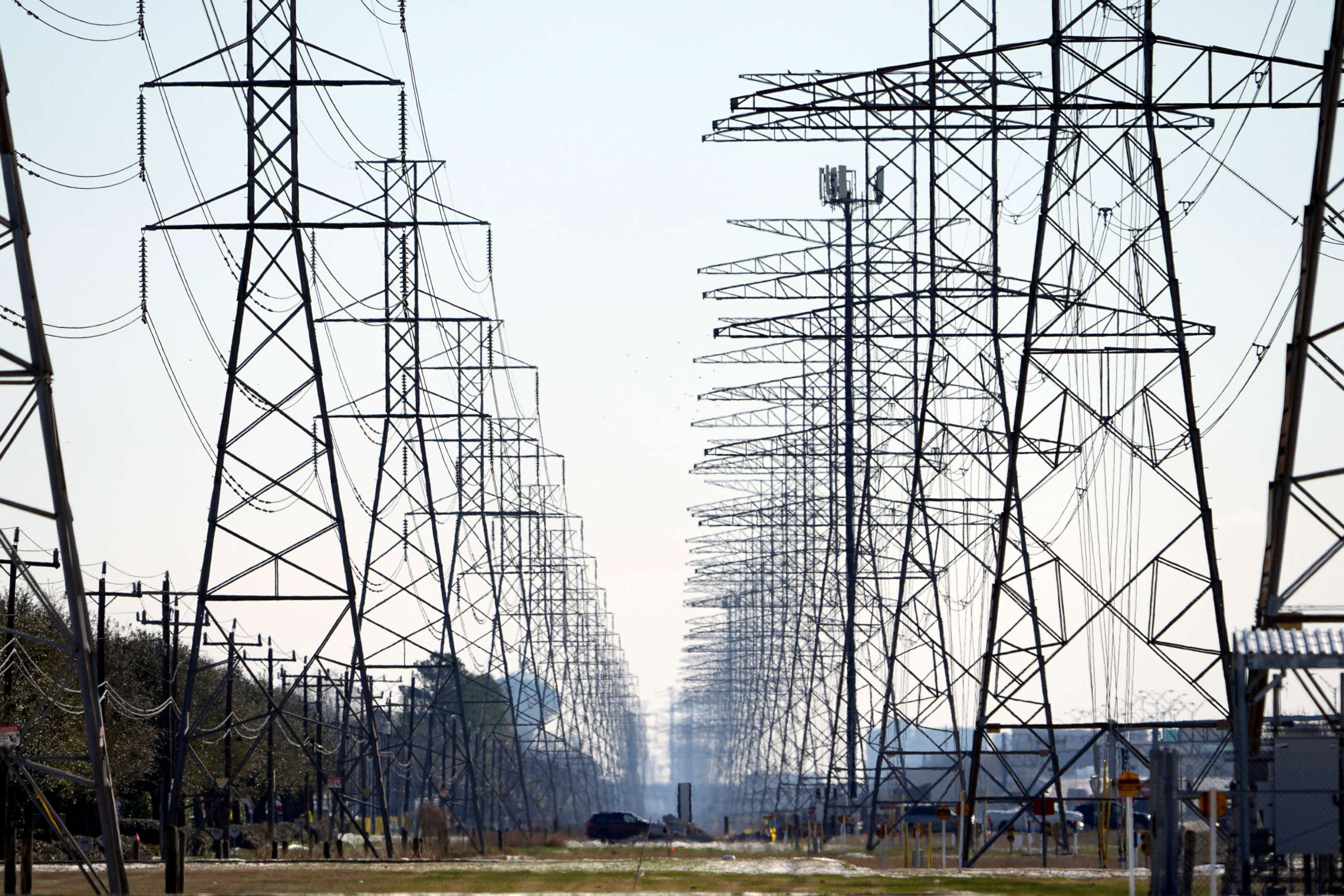
ERCOT CEO Bill Magness said that while his organization is taking much of the blame for the rolling blackouts last week, they had no other choice to protect the grid from worse damage that would have taken longer to fix. He admitted that Texas' infrastructure is more prepared for extreme heat than cold weather but said ERCOT doesn't have the authority to force utilities to change that.
"ERCOT is sort of the traffic cop managing how power flows on our system. We're not the policymaker, and we're not the regulator," he told ABC News Live last week. "So if there are ideas after we review this event, as everyone does, regulators, industry, ERCOT and everyone else, that there need to be changes in that arena, absolutely, I think that's what policymakers will be in a position to do, and we're happy to help however we can."
El Paso is not part of the grid managed by ERCOT. The city is connected to a part of the national energy grid, which Gutierrez said enables them to connect to backup power sources, such as a nuclear energy facility in Arizona. The city also has the ability to switch a natural gas power plant to diesel fuel, which they used temporarily to keep power on during the storm.
Jeff Dagle, chief electrical engineer at the Pacific Northwest National Laboratory, said the Texas grid is unique in that its contained within the state, compared to the two national grids that cross state lines. He said Texas decided to keep it that way decades ago partly to avoid federal regulations on energy transmission. He added that normally the state produces enough energy to sustain itself, but being isolated also means they can't pull power from other states during a big storm.
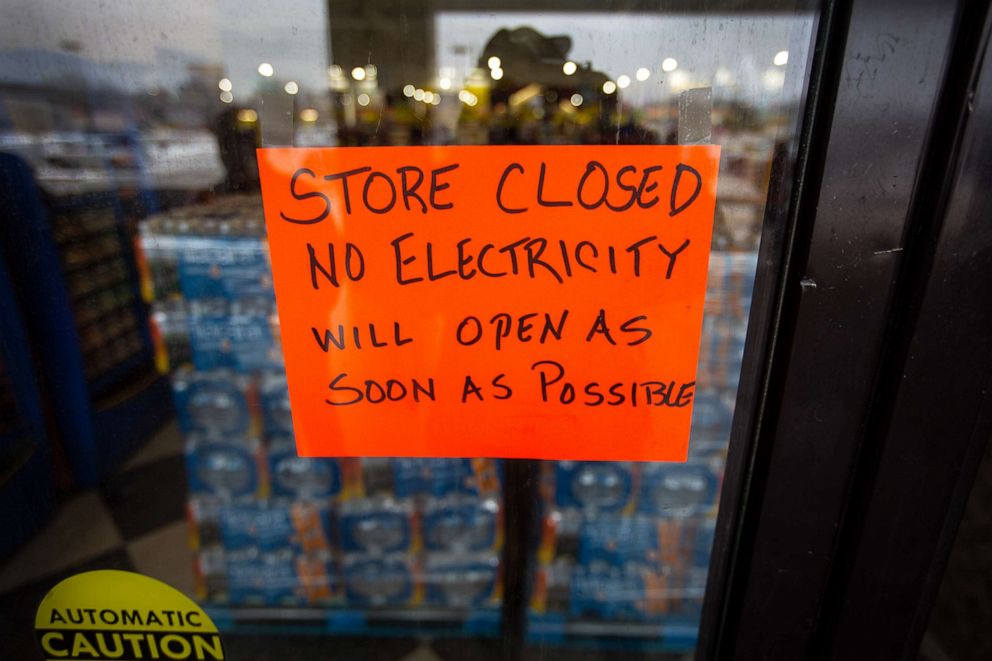
Dagle said the debate about what happened in Texas during the storm will be part of a larger conversation about how to make the energy grid that's already in place more resilient to extreme events.
"When you really adopt kind of a big focus on resilience, you do want to sort of think outside the box, and you don't want to design just to the worst that you've seen, you want the design to go beyond that," he said. "And I do think that they probably had a lack of imagination in terms of how severe it could get and are we really prepared for that."
"But these mitigations are going to cost money, too," Dagle added. "And so who's asking for these resilience enhancing measures, and are they really wanting to pay for it? And I think those are the deeper questions that we have to grapple with."
As the climate continues to change and exacerbate weather extremes, Jenkins said officials thinking about making the energy grid more resilient have to look to the future instead of planning based on the past.
"All of these kinds of events are exacerbated by climate change, and what that means is that the past isn't necessarily a good guide for the future anymore," he said. "So what we might have thought of as a once-in-100-years flood or a once-in-100-years drought, we just can't say that anymore, because the last hundred years is not a guide for the next hundred years."
ABC News' Ginger Zee and Lindsey Griswold contributed to this report.
